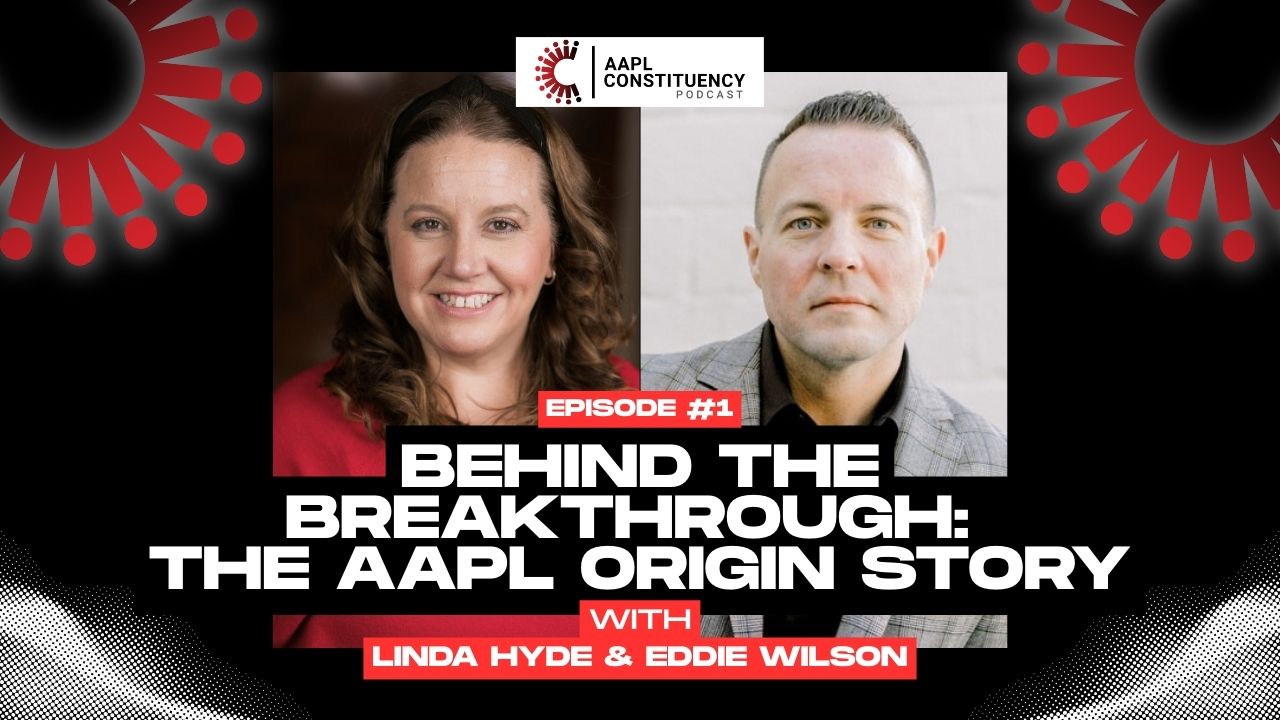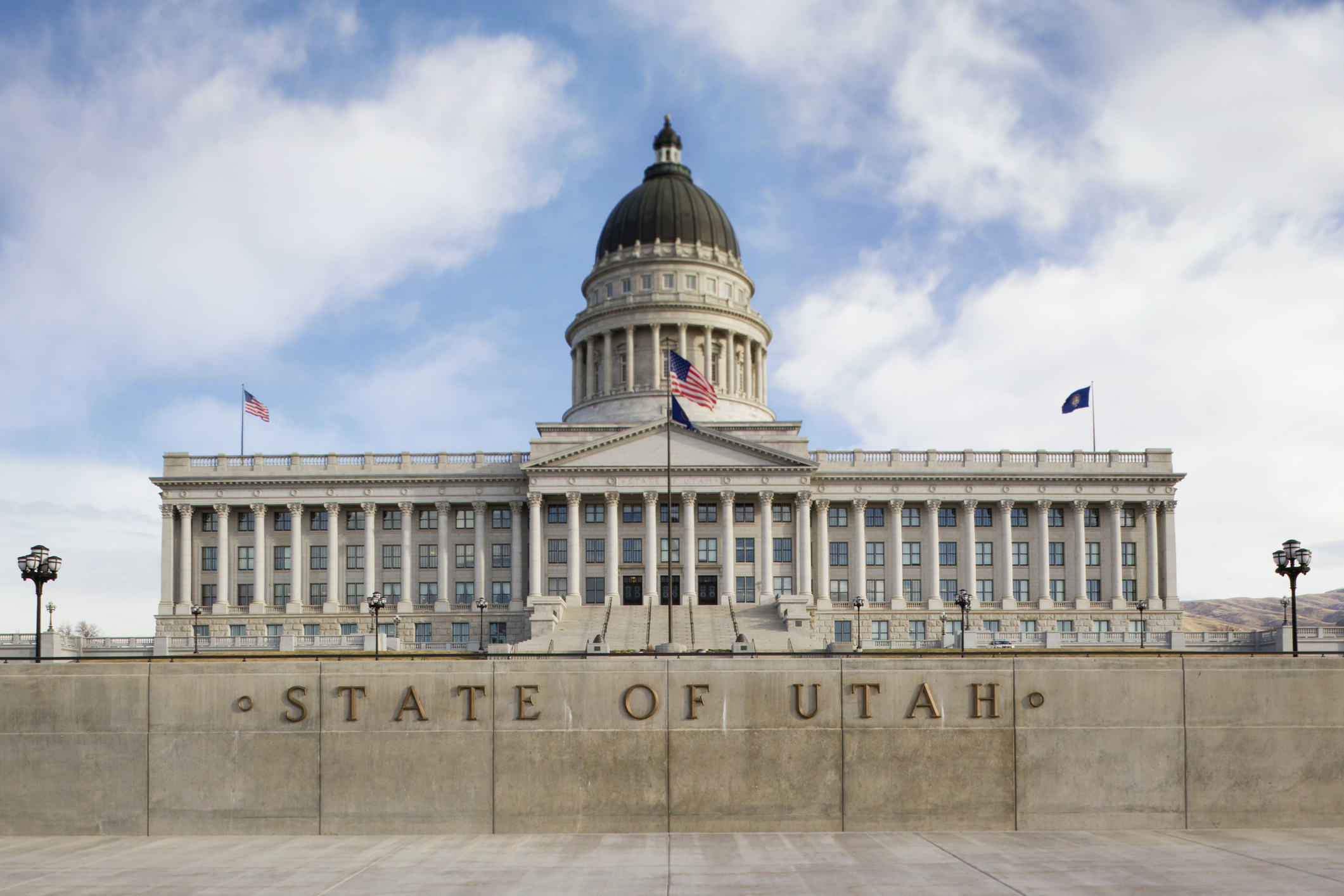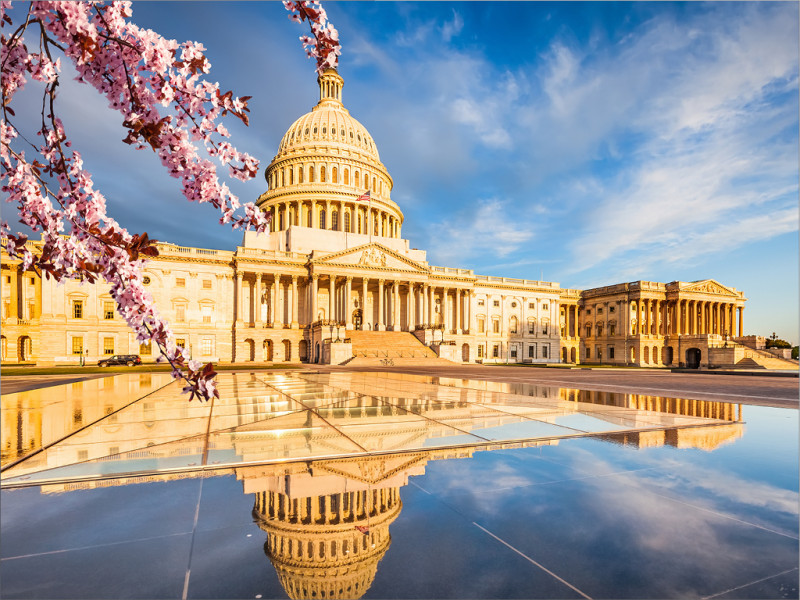AAPL advocates for national business-purpose loan exemption from mortgage licensing.
Generally, private lenders in states that require a mortgage lender license to make a business-purpose loan are already licensed, and those in states that do not require a license are not licensed.
What is probably more surprising is that private lenders who make loans in states that require a license generally assume all states require a license to make business-purpose loans. Similarly, private lenders who operate in states that do not require a license to make a business-purpose loan assume they can make loans anywhere in the country without being licensed. Well, they are both wrong.
American Association of Private Lenders has identified the inconsistent 50-state mortgage licensing patchwork for business-purpose loans as a key area we seek to impact and to create uniformity.
Safe Act and Federal Law Related to Mortgage Lender Licensing
A big misconception of many lenders is that federal law governs mortgage licensing. Many lenders believe that if the collateral securing a loan is a 1-4 family residential property, they must be licensed as an NMLS loan originator. The root of this misunderstanding is a misunderstanding of the SAFE Act and how it applies.
In response to the financial crisis of 2008 and the rampant mortgage fraud that occurred prior, Congress passed the Secure and Fair Enforcement for Mortgage Licensing Act (SAFE Act). The SAFE Act required all states to enact legislation that would require the licensure of any person who “takes a residential mortgage loan application” or “offers or negotiations terms of a residential mortgage loan for compensation or gain.”
Under the SAFE Act, a residential mortgage loan is defined as “any loan primarily for personal, family, or household use that is secured by a mortgage, deed of trust, or other equivalent consensual security interest on a dwelling…” In plain English, this means any person who takes a loan application or negotiates the terms of a consumer loan secured by a 1-to-4 family residential property must be licensed as a mortgage loan originator (MLO) in the state where the mortgage property is located.
The definition above was set out as a floor of regulation. What that means is that all states must require a MLO license if the person is involved with consumer loans secured by dwellings. However, states were free to enact legislation that was more restrictive should they choose to do so, and many did.
Sample State Law Definitions
Under the Safe Act, all consumer loans secured by dwellings require a license, but what about business-purpose loans? To answer this question, you must look at the definition of an MLO and mortgage lender in the state statutes. Because the SAFE Act permits each state to define who is considered an MLO and/or mortgage lender, the actual definitions are inconsistent, even when using the same terms. Examples from Colorado and Oregon illustrate the point.
Colorado
A mortgage loan originator is defined as an individual who takes a residential mortgage loan application or negotiates a residential mortgage loan.
Similarly, a mortgage company is defined as a person that takes residential loan applications or negotiates a residential mortgage loan.
Here the definition of a residential mortgage loan means, in part, a loan that is (a) primarily for personal, family, or household use, and (b) secured by 1-to-4 family dwelling. This is the same definition used by the SAFE Act.
Therefore, in Colorado, a mortgage lender does not need to be licensed to make, take an application, or negotiate a business purpose loan.
Oregon
A mortgage loan originator is defined as an individual who (a) takes an application for a residential mortgage loan or (b) offers or negotiates terms for a residential mortgage loan.
At first blush, you may assume you do not need to be licensed to negotiate a business-purpose loan because the definition in Oregon is basically the same as in Colorado. However, the definition of residential mortgage loan is a loan that is secured by a 1-to-4 family property. Oregon does not require the loan be primarily for personal, family, or household use, only that the collateral is a 1-to-4 family residential property in order to require a license to originate the loan.
States With Restrictions for Business-Purpose Mortgage Lenders
A total of 21 states (outlined below) have some form of restriction on business-purpose mortgage lenders.
License necessary to originate all business-purpose loans. The most restrictive states require a license to originate business-purpose loans regardless of collateral type. For example, in these states, you could be financing a 100- story office building and would still need to be licensed as a mortgage lender to make a loan. These states are Arizona, California, Nevada, North Dakota, South Dakota, and Vermont.
License necessary to originate a business-purpose loan if the collateral is the primary residence of the borrower. First, mortgage lenders are often surprised they can make a business-purpose loan secured by the primary residence of the borrower. Mortgage lenders often refer to business-purpose loans as non-owner-occupied loans. But occupancy is not the most important issue for determining licensing or other consumer-related laws. In fact, it is generally irrelevant. However, for licensing purposes, the following states would require a license to make a business-purpose loan if the property is secured by the primary residence of the borrower: Georgia, Iowa, Kansas, Maryland, and Washington.
License necessary to make a business-purpose loan secured by 1-to-4 family residential property. A few states follow Oregon’s statutory scheme in which they require a license to originate a business-purpose loan if the collateral securing the loan is a 1-to-4 family residential property. These states are Utah, Oregon, Minnesota, and Idaho.
Other restrictions. A few states have random rules for licensing. For example, in Rhode Island, if the loan is made to a natural person and is less than $25,000, then a license is necessary to make a loan. These states have some form of licensing and/or registration related issue: Alabama, Florida, Kentucky, North Carolina, and Virginia.
AAPL’s Proposed Solution and Call to Action
Unfortunately, the SAFE Act did not track other consumer legislation by providing an explicit exemption for business-purpose lending. The SAFE Act was clearly intended to regulate consumer loan transactions and was never intended to cover business loan transactions. Unfortunately, without an explicit exemption in the act, the current definitions led to unintended consequences in that state regulators attempting to comply with the SAFE Act ended up incorporating new definitions into their own mortgage lending licensing laws, which covered more than just the consumer loans.
A proposed solution would be to amend the SAFE Act by including an additional exemption to the definition of loan originator under the act. This exemption would mirror the language already provided in TILA and RESPA, the primary regulations governing consumer loans. By adding this simple exemption, states would finally have clarity about how to implement their own regulations surrounding mortgage lending licensing. This clarification would demonstrate Congress’s affirmation that the SAFE Act was intended to protect consumers and not intended to cover business or commercial credit transactions.
AAPL is specifically proposing the following additional exemption to the definition of loan originator
(v) does not include a person or entity solely involved in extensions of credit for business, commercial, agricultural, or organizational credit as provided for in section 1603(1) of Title 16.
This consistency in exemptions helps provide a clear framework for analysis for commercial mortgage lenders.
AAPL intended to advocate this position this year in March during our annual Day on the Hill, which unfortunately coincided perfectly with the coronavirus pandemic and subsequent lockdowns. The Government Relations Committee of American Association of Private Lenders still strongly believes, however, that this issue will remain at the forefront of our advocacy efforts.











Hey AAPL and Nema from Geraci. Any news on getting this exemption passed. We have been a longtime 5+ unit multifamily (considered commercial) and commercial property lender/broker for many years. Due to these crazy market conditions, brought on and caused by the same lawmakers that made a mockery of the Safe Act back exiting the GFC, we have had to accept 1–4-unit business purpose loans to survive. I originally fought this fight back when the Safe Act was implemented, with the big box lenders that had the best rates and products. I eventually gave up, let my MLO license lapse after the first year and moved on to my commercial ONLY business. It is crazy to me, all these years later, this issue is still not fixed. We haven’t been able to find, but maybe two (2) competitive lenders that understand the Safe Act and the overlays in California for DRE licensed Brokers solely originating and brokering business purpose loans. Everyone else is adamant you must have an MLO license to originate and broker ANY 1–4-unit loans, regardless of its purpose. This is so derisory; it makes my stomach turn.